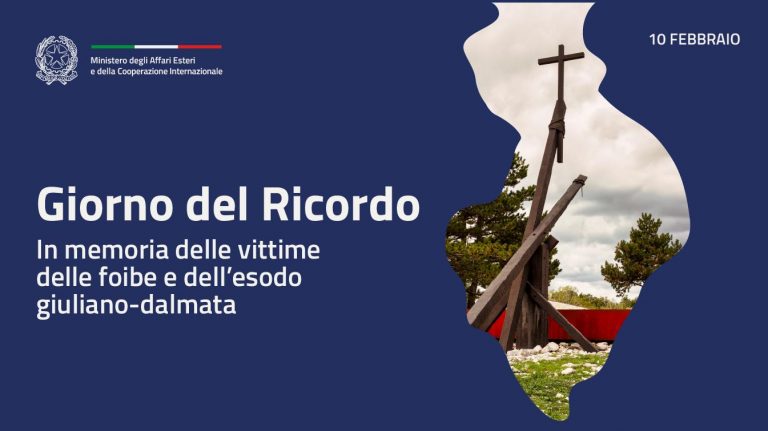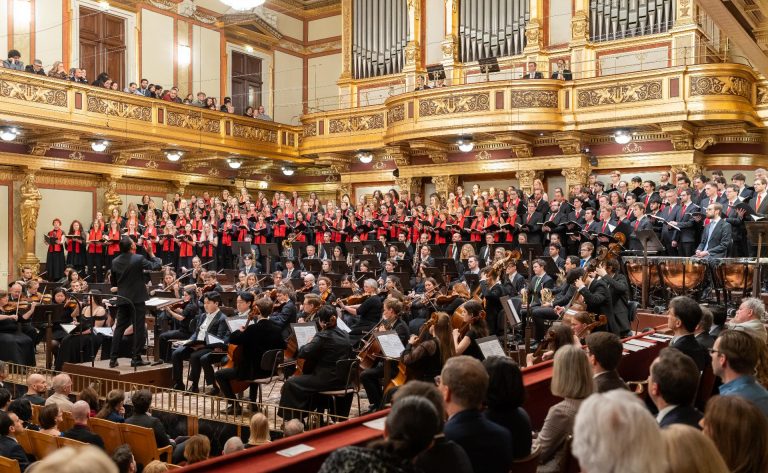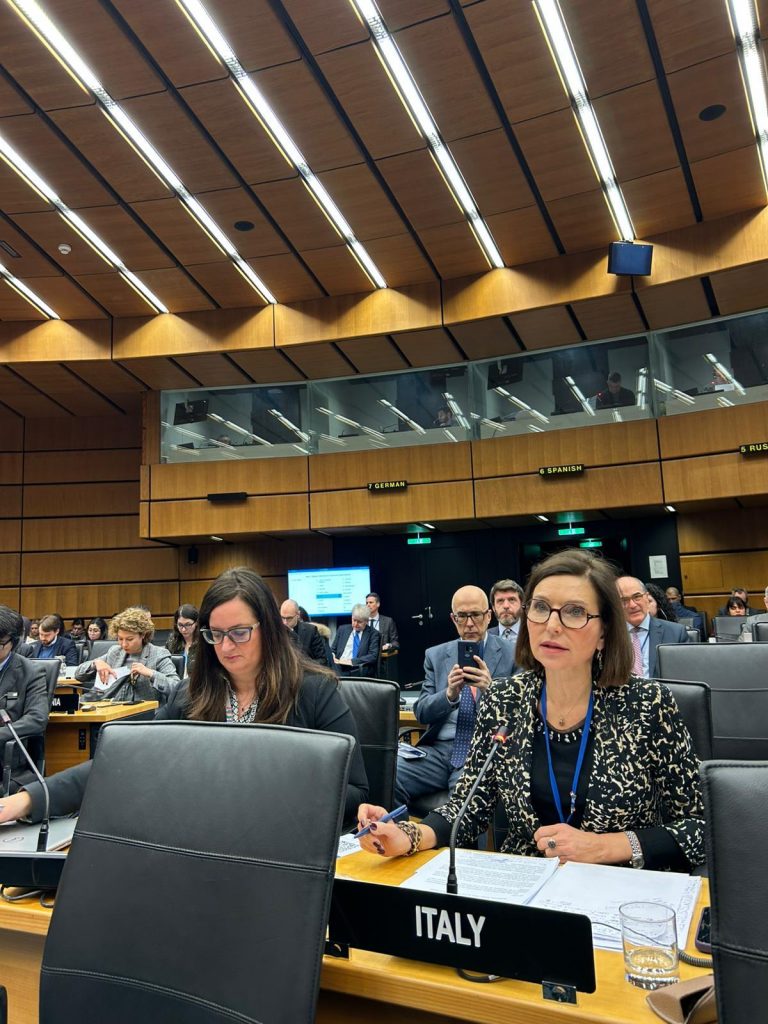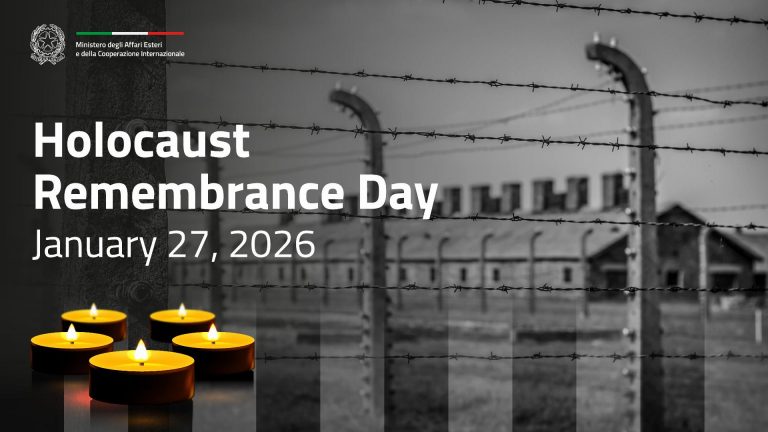
The tenth Conference of the Parties to the United Nations Convention against Transnational Organized Crime (UNTOC or Palermo Convention) took place in Vienna from 12 to 16 October 2020. The Conference takes place every two years and aims at reviewing and promoting the implementation of the Convention and the Protocols thereto.
The Conference coincided with the twentieth anniversary of the Convention – signed in December 2000 in Palermo – which has its roots in the extraordinary intuitions by Giovanni Falcone. Judge Falcone was among the first to invoke a global commitment in the fight against the ‘mafia’, as underlined at the opening of the Conference by the Head of the Italian Delegation, the Minister of Justice Hon. Alfonso Bonafede.
A high-level side event held on the first day of the Conference was dedicated to the celebration of the 20th anniversary. The event was opened by the Italian Deputy Foreign Minister Marina Sereni and the Executive Director of UNODC Ghada Waly, and it was also attended by the General Prosecutor of the Court of Cassation, Mr. Giovanni Salvi, the Head of Police, Mr. Franco Gabrielli, the National Anti-Mafia and Counter-Terrorism Prosecutor, Mr. Federico Cafiero de Raho, as well as by high-level representatives from Japan, Mexico, Romania, United States, Morocco and France.
Despite the exceptional circumstances due to the COVID-19 pandemic, the Conference ended with the successful adoption by consensus of seven resolutions, thus equaling the highest number ever recorded in this context.
Italy presented two resolutions, respectively on the launch of the operational phase of the review process of the Convention and the Protocols thereto and on the celebration of the 20th anniversary of the Convention.
The launch of the review process, on which a very solid consensus has now grown – as shown by the unanimous co-sponsorship of the related resolution presented by Ambassador Cortese as outgoing President of the Conference – has the potential to promote a significant improvement in the implementation of the Palermo Convention.
The resolution on the twentieth anniversary takes stock of the implementation of the Convention, which counts 190 States Parties and which is defined as “the main global instrument available to the international community to prevent and combat all forms and manifestations of transnational organized crime and to protect victims “. The resolution is also projected towards the future, through the recognition of the modernity of the Convention as an instrument for countering “new, emerging and evolving forms of transnational organized crime”. The document also includes a wide range of tools aimed at effectively addressing the economic dimension of transnational organized crime, mostly based on the Italian experience, such as international cooperation for the purposes of freezing, seizure, confiscation and disposal of the proceeds of crime, even in non-conviction-based proceedings; the social reuse of confiscated assets for the benefit of communities damaged by serious criminal phenomena; the intense use of financial investigation tools.
Furthermore, it is of great symbolic importance the explicit reference made, within the resolution, to the role of Giovanni Falcone, “whose work and sacrifice paved the way for the adoption of the Convention”.
The other resolutions approved by the Conference concern: the effective implementation of the Protocol to prevent, suppress and punish trafficking in persons; preventing and combating crimes that affect the environment falling within the scope of UNTOC; preventing and combatting the manufacturing of and trafficking in falsified medical products; combating transnational organized crime against cultural property; strengthening international cooperation against the illicit manufacturing of and trafficking in firearms.










